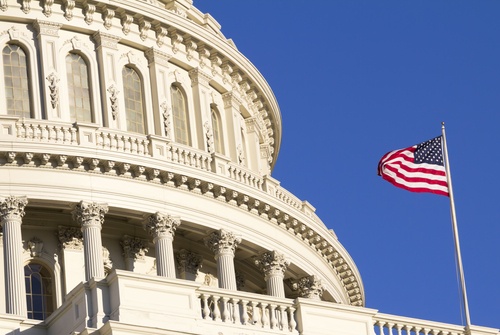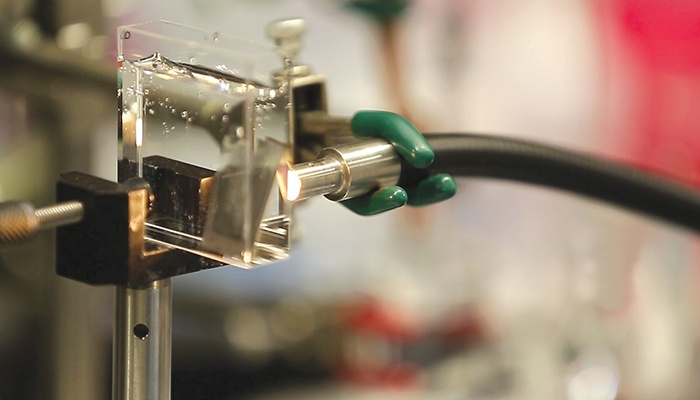Is Ethanol Even Green?
Grassy Hillsides plowed into crop rows. Millions of acres of conservation land converted to corn fields. Fertilizer runoff polluting lakes and streams. All to produce a "green" fuel source.... Or that's the picture painted by an AP article slash expose anyway.
The ethanol industry renounced the AP article as a "smear campaign" pointing out that fertilizer runoff and associated issues occur regardless of the end point of the corn produced. Another issue with the AP article is that the "conservation" land converted to corn fields wasn't exactly "conservation land" in the usual sense - essentially, much of it was designated conservation under an initiative that seemingly has less to do with conserving land than it does with boosting crop prices for farmers. While those points may be true, there is no doubt that corn based ethanol has environmental impacts, and there's even question on how much benefit to the environment the fuel itself produces, with the revelation that ethanol may be only about 16% "greener" than gasoline, which would technically disqualify it as a green alternative to gas.
The Senate has even introduced a bill to eliminate the ethanol portion of the RFS. This happened in December, just as the EPA announced it would reduce the ethanol blending goals in the standard. Not a good month for the Ethanol Industry, I would say. Senators Feinstein and Coburn - another unlikely alliance, cosponsored the bill. Both cited increased food costs as a result of diversion of corn into fuel supply, and the issues oil companies face with the blend wall - their inability to blend more ethanol into fuel without risking damage to consumer vehicles (that was the issue behind the EPAs reduction as well). [You can read a little more detail about the bill in my most recent Oil & Energy Article by clicking here]
So what does this all mean anyways? Its not likely ethanol will "go away" but both of these actions make it a little less burdensome on refiners and companies and protect the blend wall. It will be interesting to see how it shakes out over 2014 - the Obama administration strongly supports the corn based ethanol on the basis that it encourages biofuel adaptation in general and ethanol is a good starting point. There is no doubt that the mandate for corn based ethanol is extremely costly however, and with the undeniable impacts on food prices for both the industry and consumers, given the recent questions on the reality of its environmental impact, it seems to be time for politicians to really sit down and repair broken and costly regulations.


